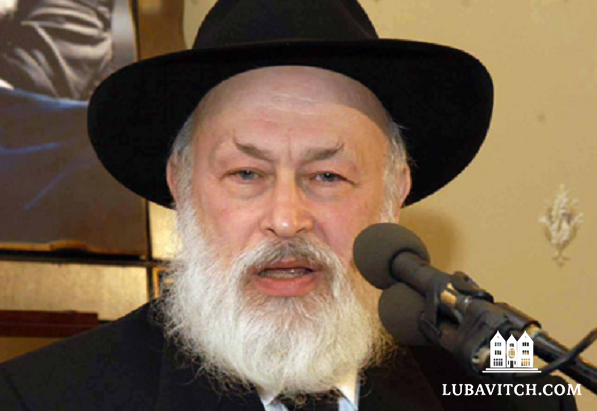Chabad moved to Iceland this month, marking the 100th country/territory exposed to Chabad’s reach. Rabbi Yehuda Krinsky, Chairman of Chabad-Lubavitch Educational/Social Services, describes the motivation behind establishing centers all over the world.
With the opening of Chabad in the 100th country/territory and now in ever smaller communities, the idea of a future in which no individual among our people is lost, resonates anew.
It is astounding to anyone paying attention that, in 2018, new Chabad Houses open at a steady rate. That this is the case now, after all of the major cities and towns around the world are already well served by Chabad representatives, so that new appointees must travel farther afield, sometimes to places very remote, is more astounding yet.
Add to this that the men and women who vie for the privilege of lifetime appointments as the Rebbe’s shluchim have never met him (most were born around the time of his passing almost twenty-four years ago)—and the astonishment grows. And if that isn’t enough, there are no compensation packages with benefits and perks awaiting the Rebbe’s emissaries. Still, they strive to join the ranks of those who live to realize the promise of the prophet.
The challenges are often formidable. Many of the communities that Chabad’s young men and women—usually newlyweds starting their own families—relocate to, have tiny populations, and even tinier Jewish numbers. Posting an event on their Facebook page won’t fill the house. They must seek out the Jewish souls in their towns, one by one. And they must raise the funds to finance the educational, social, and spiritual programs and services that they want to make available, even if only to a handful of people. But local resources are scant, so they work harder and more innovatively.
We’ve been asked before how the cost-benefit ratio justifies investing where there are so few Jews. To that, we say we learn from the midrash that tells us that if but one of the 600,000 Jews would have been missing at Sinai, there would have been no Revelation. Likewise, the Rebbe taught us, that our redemption will come through our efforts to reach every Jew; for him, the Talmudic statement that every soul represents a world, was more than a noble idea. That he took it quite literally, and taught his representatives the same, is obvious.
The men and women committed to sustaining Jewish life wherever it exists, even in places like Sioux Falls, SD, or Grand Baie, Mauritius, know they will never draw a crowd. Rather, they have learned to look at the individual with eyes that see each soul as a world unto itself, and have come to cherish the value of one in ways that most of us living in larger communities may not appreciate. The same is true of donors who are putting their support behind the emissaries serving in these small outposts.
In his lifetime, the Rebbe counted the people who support the work of the shluchim as partners indispensable to his project, an egalitarian arrangement, if you will, that offers emissaries and donors equal opportunity and equal responsibility to make their unique investments. Each knows that without the other, Jewish continuity and the Jewish community would not be as richly and widely served as it is by the Rebbe’s vision. For there is no Jewish demographic and there is no Jewish cause—as the stories in this issue demonstrate—that doesn’t derive profound benefit from the dedication of Chabad emissaries and their partners. And soon too, as these effective partnerships continue to grow, there will be no individual Jew who will not be reached, no Jew who will be left behind.
 Rabbi Yehuda Krinsky is the chairman of the Chabad-Lubavitch educational and social services arms.
Rabbi Yehuda Krinsky is the chairman of the Chabad-Lubavitch educational and social services arms.
From the February/March 2018 issue of Lubavitch International.

Be the first to write a comment.